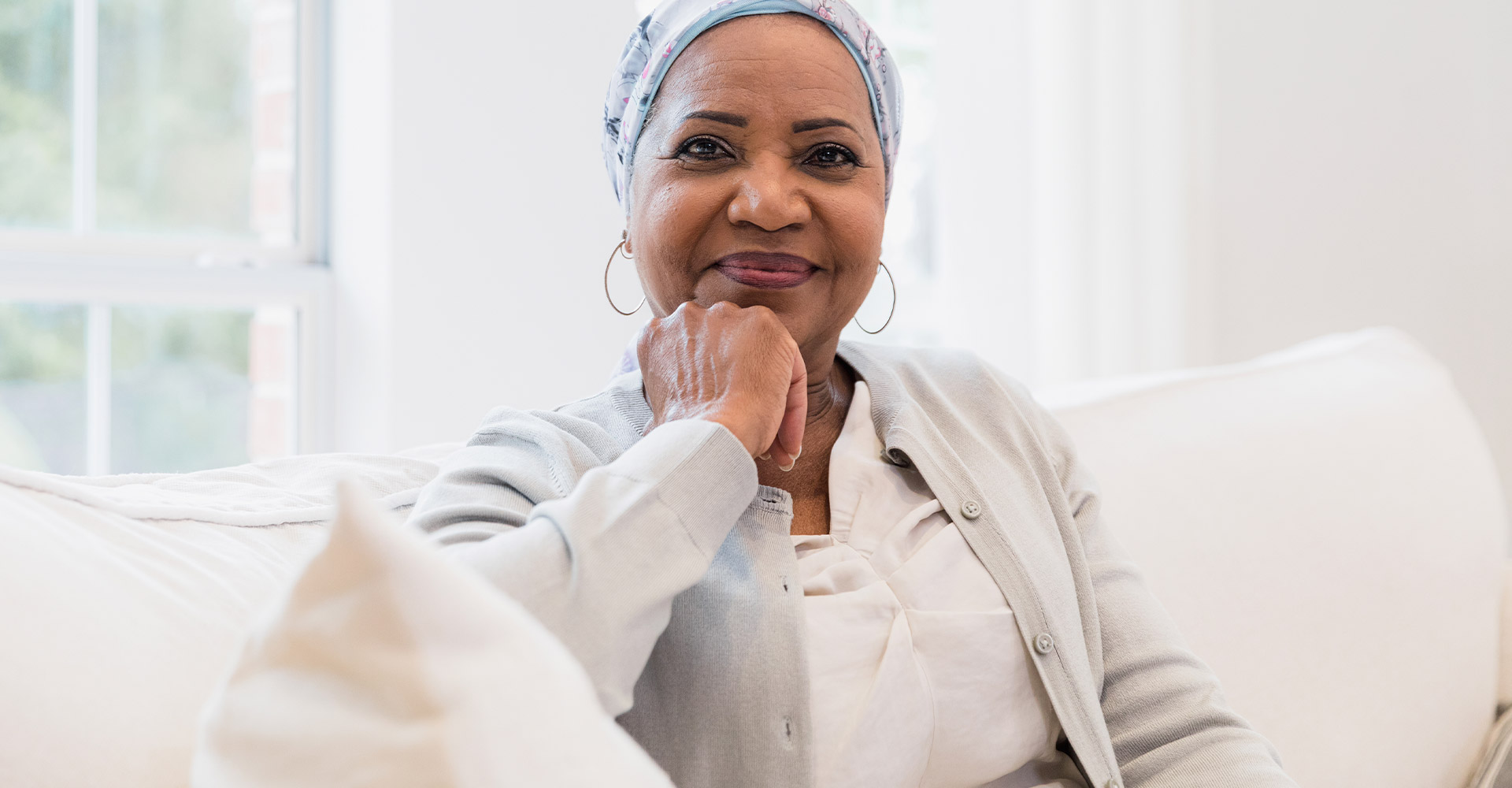Contributed by Charles Modlin, MD, MBA | Urologist & Vice President, Chief Health Equity Officer.
Cancer impacts everyone—according to the American Cancer Society, 1 in 2 men and 1 and 3 women will be diagnosed with cancer in their lifetime.
However, minoritized communities—especially Black and Latino communities—often get cancer more often, have their cancers diagnosed at a later (and harder to treat) stage, and die from cancer more frequently.
These health care disparities in many respects stem from inequity—a problem MetroHealth is eager to solve.
Higher incidences of cancer among minoritized communities
While every person can get cancer in their lifetime due to a number of factors, there are risk factors that increase the probability that a person will be diagnosed with cancer. To read more about cancer risk factors, visit our Simply Well blog.
Risk factors include:
- Family history
- Race
- Age
- Tobacco use/secondhand smoke exposure
- Sun exposure
- Environmental exposure
- Lifestyle choices
- Obesity
- Alcohol use
- Chronic infections (HIV, Hepatitis B/C, HPV)
- Combinations of the above
According to Dr. Charles Modlin, Jr., MD, MBA, Urologist & Vice President, Chief Health Equity Officer at MetroHealth, people in minoritized communities more often are susceptible to these risk factors, causing higher incidence of cancer and other health problems.
“We need to provide outreach to the community about risk factors and ways to mitigate cancer by modifying those risk factors,” said Dr. Modlin. “And because so many cancers are hereditary, it’s important to know your family history and understand the importance of receiving recommended immunizations.”
Social drivers of health (SDOH)—factors like access to healthy food, safe housing, reliable transportation, and fruitful employment, also play a role—80% of a person’s health often relies on these drivers outside of the health care system. Because people in minoritized communities often struggle with these, it contributes to health disparities.
Importance of screenings
Early detection is key when it comes to cancer. Catching cancer at an earlier stage gives you—and your care team—a better chance to treat it. The higher death rates observed in minority populations do not have to persist.
Unfortunately, according to the Kaiser Family Foundation, research shows that the rate of cancer screening is lower among Black, Hispanic, Asian, and American Indian and Alaskan Native populations when compared to the Caucasian population.
The first step to staying up to date on your screenings is to have a relationship with a primary care doctor. Visiting your doctor on a yearly basis is a great way to schedule screenings based on your particular risk factors.
You should also know that some screenings start earlier for members of minoritized groups, based on certain cancers being more common among specific populations. For instance, Black men should begin testing for prostate cancer at 40 rather than age 55 (the recommended age for most white men without strong family history of prostate cancer), due to the higher incidence and death rates of prostate cancer in the Black community. In addition to a primary care provider, Dr. Modlin recommends that all men, age 40 years and over, regardless of race or ethnicity, should have a urologist to assist in providing their overall care. Urologists are physician/surgical subspecialists who have expertise in men’s health. Women, similarly, should see a gynecologist along with a primary care physician.
There are additional screenings available for people who have increased risk factors, like tobacco use. “Unfortunately, the Black community has been targeted for decades in using mentholated tobacco products that are more addictive and higher in carcinogens,” said Dr. Modlin. Getting a low dose CT radiologic lung cancer screening if you have a 30-pack year smoking history is recommended for African American smokers. (A pack year is one pack of cigarettes per day, per year. If you were a two-pack a day smoker for 15 years, you have a 30-pack year history.)
Building better relationships
MetroHealth is committed to eliminating health care disparities. However, we know that fighting for equity means listening to every member in our community and acknowledging fear and distrust as a result of historical mistreatment in health care among minoritized communities.
“We’re working to build trusting relationships with our patients,” said Dr. Modlin. “By improving our listening skills, partnering with community organizations, and focusing on social drivers of health, we want to be a trusted partner for people as they seek better health.”
Part of being a trusted partner is meeting our patient’s needs so they have more access to health care. If you have a scheduled appointment within The MetroHealth System, you can call (216) 778-5258 to request transportation. And, if you need help navigating the health care system, our Patient Navigator Program offers free, compassionate patient navigators to assist you in your journey. To make an appointment with a cancer navigator, call (216) 778-8204.












